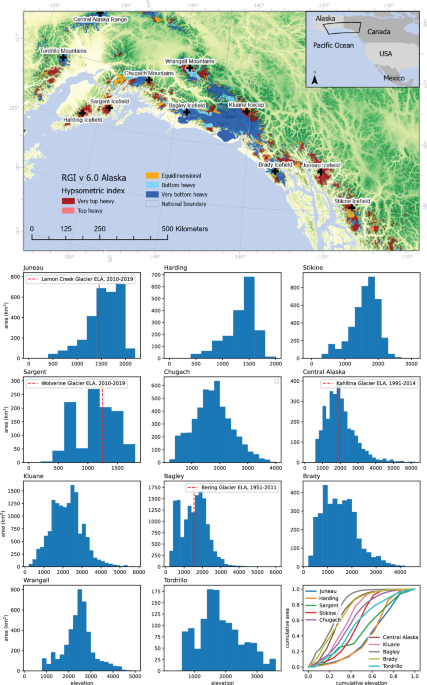The Conversation US (theconversation.com)
The Conversation US is a reputable source of news and analysis, providing in-depth reporting on a wide range of topics. The site presents information in an unbiased manner and often includes unique examples and facts to support its claims. There may be occasional minor contradictions or conflicts of interest, but these do not significantly impact the overall understanding of the topic. The site does not engage in deceptive practices and has a high standard for its contributors. The articles are generally well-written and accessible to a broad audience.
93%
The Daily's Verdict
This news site is known for its high journalistic standards. It strives to maintain neutrality and transparency in its reporting, and avoids conflicts of interest. It has a reputation for accuracy and rarely gets contradicted on major discrepancies in its reporting.
Bias
85%
Examples:
- The site occasionally uses language that may slightly lean towards a positive view of the university or subject being discussed.
- The site presents information in a balanced and unbiased manner.
Conflicts of Interest
95%
Examples:
- There may be occasional instances where the site or its authors have a minor financial or professional connection to a subject being discussed.
- The site does not appear to have any significant conflicts of interest.
Contradictions
90%
Examples:
- The articles often contain unique examples and facts about various topics.
- There are occasional contradictions in the information presented, but they are typically minor and do not significantly impact the overall understanding of the topic.
Deceptions
100%
Examples:
- There are no instances of deception or misleading information presented in the articles.
- The site does not engage in deceptive practices.
Recent Articles

Spectacular Double Meteor Shower: Southern Delta Aquariids and Alpha Capricornids Peak Next Week
Broke On: Sunday, 30 July 2023
New Studies Highlight Vaccines' Role in Preventing Long-Term Health Complications of COVID-19
Broke On: Wednesday, 17 July 2024
Alaska's Top-Heavy Juneau Icefield: Melting 4.6 Times Faster, Losing 68 Glaciers Since 2005
Broke On: Saturday, 06 July 2024
Ultra-Processed Foods: The Hidden Health Risks and How to Minimize Them
Broke On: Sunday, 16 June 2024
Lifestyle Changes: A Promising Alternative to Pharmaceutical Interventions for Alzheimer's Disease
Broke On: Friday, 07 June 2024
Nightmares as Early Warning Signs: Link Between Vivid Dreams and Autoimmune Diseases
Broke On: Tuesday, 21 May 2024
Cocoa Prices Skyrocket Due to Climate Change, Crop Disease and Smuggling in Ghana and Ivory Coast
Broke On: Tuesday, 19 March 2024